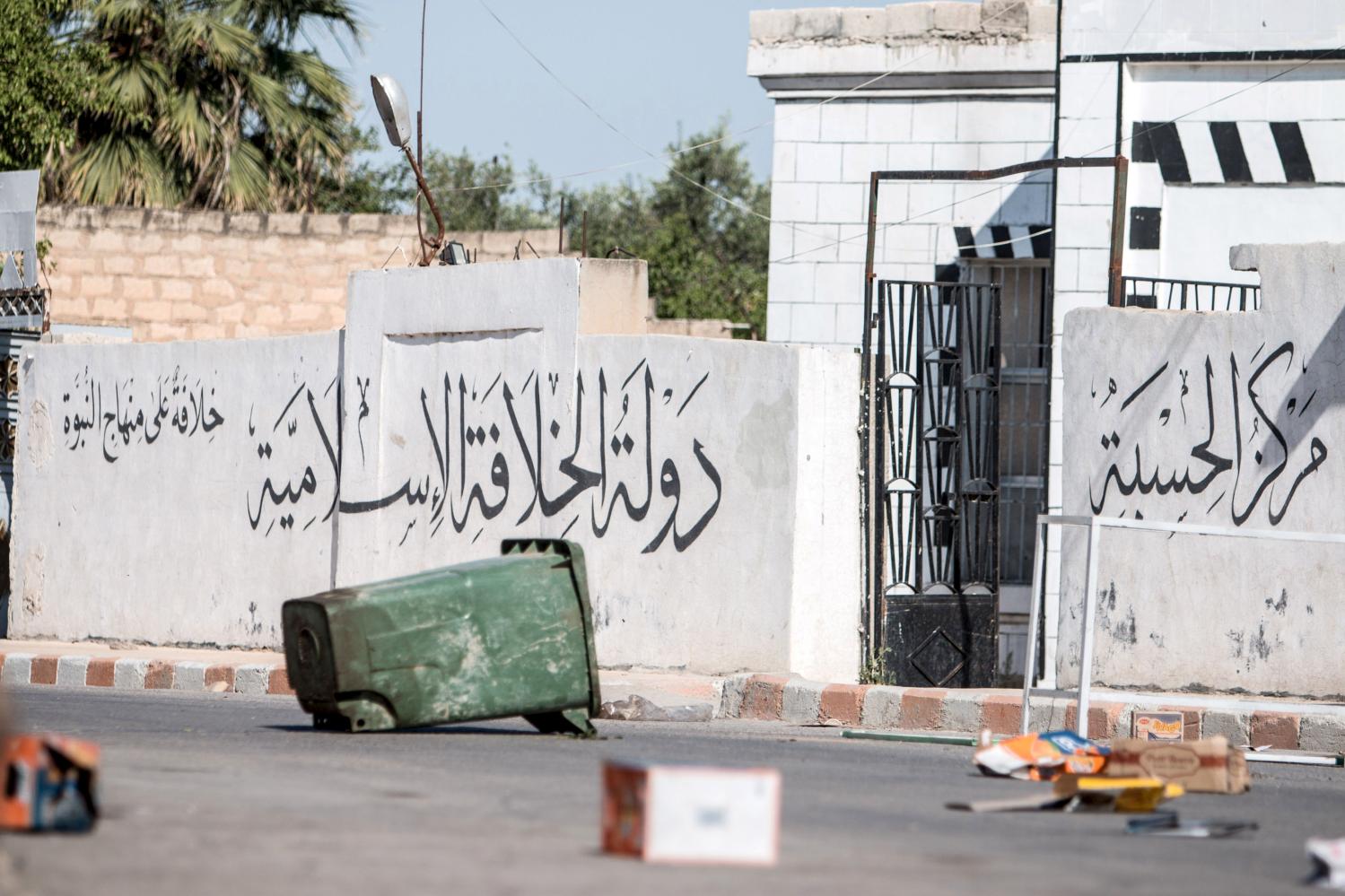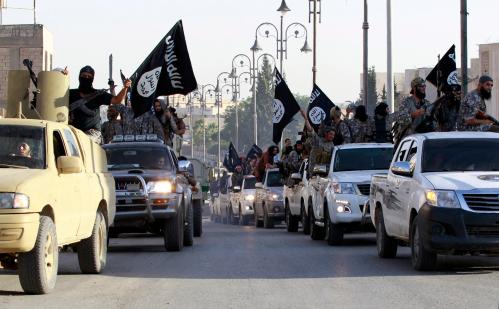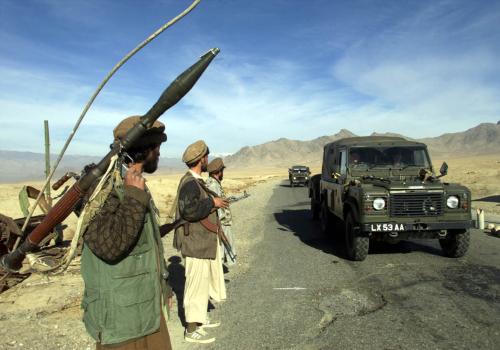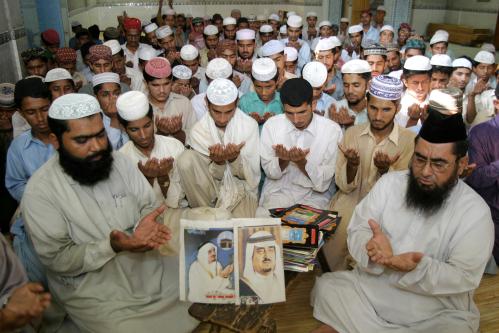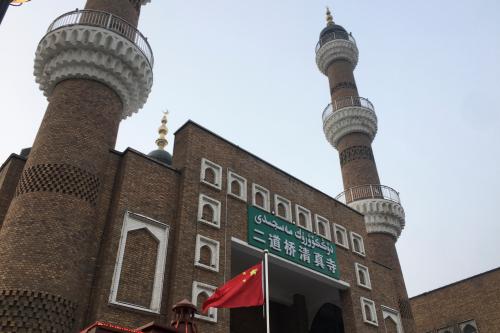 Five years after the start of the Arab uprisings, mainstream Islamist groups—which generally seek to operate within the confines of institutional politics—find themselves brutally repressed (Egypt), fallen from power (Tunisia), internally fractured (Jordan), or eclipsed by armed groups (Syria and Libya). Muslim Brotherhood and Brotherhood-inspired movements had enjoyed considerable staying power, becoming entrenched actors in their respective societies, settling into strategies of gradualist democratic contestation, focused on electoral participation and working within existing state structures. Yet, the twin shocks of the Arab Spring—the Egyptian coup of 2013 and the rise of ISIS—have challenged mainstream Islamist models of political change.
Five years after the start of the Arab uprisings, mainstream Islamist groups—which generally seek to operate within the confines of institutional politics—find themselves brutally repressed (Egypt), fallen from power (Tunisia), internally fractured (Jordan), or eclipsed by armed groups (Syria and Libya). Muslim Brotherhood and Brotherhood-inspired movements had enjoyed considerable staying power, becoming entrenched actors in their respective societies, settling into strategies of gradualist democratic contestation, focused on electoral participation and working within existing state structures. Yet, the twin shocks of the Arab Spring—the Egyptian coup of 2013 and the rise of ISIS—have challenged mainstream Islamist models of political change.
The first section of the paper analyzes how recent developments in the region are forcing a discussion of the various fault lines within Islamist movements in Muslim-majority countries. The second brings out the challenges faced by Islamist parties, which, once admitted into the halls of power, have had to play politics in circumscribed contexts and make difficult compromises while not alienating their conservative constituencies.
The third section considers how Islamist groups have made sense of ISIS’s rise to prominence. The fourth takes a closer look at the state-centric approaches of Brotherhood-linked movements and how these are either coming under scrutiny or being challenged from various quarters, particularly by younger rank-and-file activists. The paper concludes by briefly considering to what extent Islamist movements will be able to “see beyond the state” in the years (and decades) to come.


